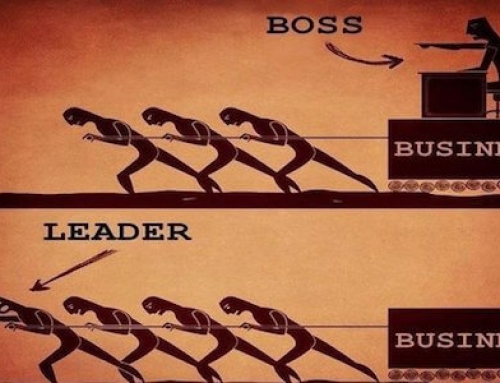The Influential Leader
Leadership cannot exist without some measure of influence, due to the fact that having influence is how the leading is done by leaders.
This is why the most effective leaders are well aware of how to lead and do it through approaching situations in an emotional and social manner, rather than just using logic alone.
Influence
Here are some steps you can take to improve your influence skills:
-
By Inspiring Others:
When we think of inspiration, what might first come to mind is a stereotypical leader for transformation. A true leader knows how to successfully link a desired outcome or activity to the ideals and values held dear by the team they are addressing. This approach focuses on feelings, one of the main driving forces of motivation in humans. We can take an example of a new leader talking about their idea for future achievements an after doing this, gets a large amount of support and also ignites excitement for huge changes. To use inspiration, you must model specific behaviors and be a great example that others will wish to follow.
-
By Seeking Advice:
Also known as consultation, this can be used when you are aware of what you wish to accomplish, but ask for advice on how it should be done. Seeking advice works for gaining influence because when a person gives their ideas on something, they become involved in the process and commit to the task. This will make them more motivated intrinsically to become a part of actions that will lead to achievement.The catch with this method is that you can’t partake in this with a manipulative edge. Many individuals will sense that manipulation if you seek their advice with the sole purpose of gaining something, instead of having a real conversation with them. In essence, this is a tactic for influence, but is most effective when it is not used for that sole purpose.
-
Collaborating with Others:
The first thing that comes to mind when you picture collaborating with others is probably not influence, but this can be considered as an inverse version of seeking advice. Rather than asking for someone’s input, you offer yours. This is most typically used to people in positions below you or even colleagues on equal ground, usually when someone needs to convince another to take on a task that is outside of the routine or difficult.You get another person’s commitment to support or complete an assignment and as a way of supporting them, you can give them resources or offer your direct assistance. Collaboration can be reached in a mutual fashion and can be used by companies or teams that complement each other or wish to partner up.
-
Using Logical and Rational Persuasion:
Perhaps the most familiar to us in terms of business, this type of persuasion consists of laying out facts and presenting a convincing argument. This method typically includes focusing heavily on what benefits a specific choice for action will lead to.This particular choice is usually used when meeting with people in positions above you, like bosses, executives, or the job board. The meetings then typically involve creating strong cases for the likelihood of certain initiatives being successful. While this method can be useful in specific scenarios and should never be ruled out, most people aren’t operating from logic a lot of the time.
“Example is not the main thing in influencing others. It is the only thing.”
― Albert Schweitzer
True influence happens when someone’s opinions, feelings, and behaviors are affected by another person. It is the main quality of a leader’s knowledge of how to utilize respect and maintain power in any team structure or business organization. Influence can be seen in socialization, conformity, persuasion, and “peer pressure”. Being able to influence others is a quality absolutely necessary for a leader, and you also must have this still to be strong in politics, marketing, law, and sales positions.
True leaders listen, they trust their team with responsibility, are humble enough to ask for the ideas of others, and know how to admit when they are in the wrong. A truly influential leader gains and keeps the respect of everyone they work with.









 Like on Facebook
Like on Facebook
 Follow on Twitter
Follow on Twitter
 Connect on LinkedIn
Connect on LinkedIn
 Send an e-mail
Send an e-mail


